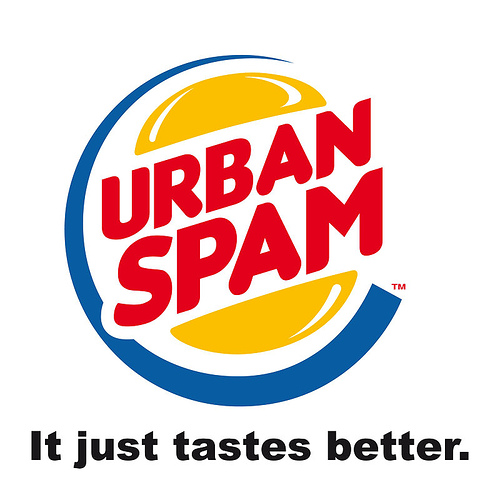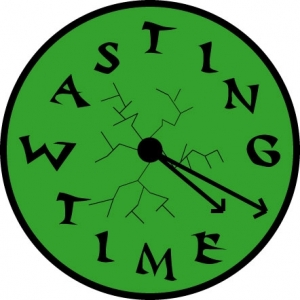What is Spam? – Defined by Top Social Media Voting Sites

Most of us are active at a number of social media networks, yet few of us take time to properly go through each social media network rules and terms of use.
How do our favorite social media sites define spamming? Sadly, none of them has a clearly-cut definition, so we can only arrive at conclusions based on the various contexts – so let’s review those contexts and try to define social media spam based on them:
Digg
 Digg *used to* (before the “new digg” era, now there seems to be no word about spam submissions there, or I just couldn’t find them) lists the word spam in too negative neighborhood:
Digg *used to* (before the “new digg” era, now there seems to be no word about spam submissions there, or I just couldn’t find them) lists the word spam in too negative neighborhood:
Don’t submit content with spam, pornography, profanity…
However what is really clear is that content created by you is fine if you genuinely think it will be useful and interesting to other users:
Yes, you can submit your own content to Digg — just think about whether it’s of general interest to others.
Digg “Terms of Use” only mention email (message) spam but they do clarify which submissions are considered violating the community rules:
- Stories linking to affiliate programs or multi-level marketing schemes
- Sites/blogs repurposing existing stories (source hops),
- Off-topic content
Conclusions:
- Spam does not equal “your own links”
- Spam = using affiliate links
- Spam = promoting secondary sources
 Reddit mentions spam in its “Reddiquette” and it sounds rather straightforward:
Reddit mentions spam in its “Reddiquette” and it sounds rather straightforward:
Feel free to post links to your own content (within reason). If that’s all you ever post, and it always seems to get voted down instantly, take a good hard look in the mirror — you just might be a spammer.
It does also mentions other types of submissions that can be normally considered spam:
Duplicate Entries:
Feel free to post something again if you feel that the earlier posting didn’t get the attention it deserved and you think you can do better. “). [Don’t] “complain when a duplicate story finds more success than the original”.
Old (non-newsworthy) and self-promotional content:
Because reddit is a meritocracy, old content and some self-promotion are okay…
Conclusions:
- Spam = only linking and promoting your stories;
- Spam does not equal duplicate or old content.
StumbleUpon
 StumbleUpon has a long list of rules located here. It classifies spam as the attempt to explicitly promote yourself:
StumbleUpon has a long list of rules located here. It classifies spam as the attempt to explicitly promote yourself:
Accounts created with the primary intention to promote a product or service are considered “SPAM” and subject to termination unless expressly authorized in advance in writing by StumbleUpon.
StumbleUpon also mentions “objectionable” content, namely “unlawful, fraudulent, threatening, libelous, defamatory, obscene” and the like
… as well as “Prohibited content” which includes:
- Content that harms other person in any way;
- Involves the transmission of “junk mail,” etc
Conclusion:
- Spam = promoting yourself
Essential Social Spam Terminology
- Source hopping (via Digg) = the practice of getting “secondary sources” front paged (instead of the original content creator);
- Linkjacking (via Reddit) – linking to stories that add nothing extra to the discussion.
- Karmawhoring (via Reddit) – submitting stories or commenting just for the sake of improving your Reddit karma (internal community rankings)


I think the conclusion should be:
Spam = promoting ‘only’ yourself
Exactly, Brent. That’s so obvious, yet often misunderstood truth!
Just found your ad on myguestblog and wanted to check out this site. I’ve never heard the term karmawhoring before, it’s pretty funny. I like to submit my articles to these sites but I try to submit other peoples work as well when I think it’s good.
Well i really appreciate this article you have shared because it is very useful specially in knowing users who keep on spamming, sometimes it’s so annoying to see some comment with too many out bound links, i hope that they will stop this because they are destroying one’s website reputation.